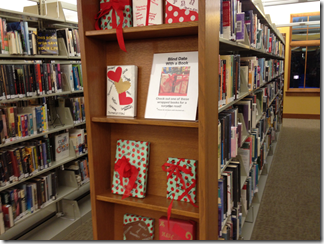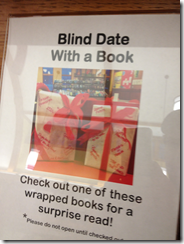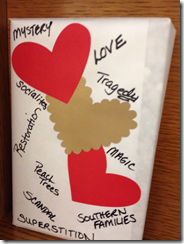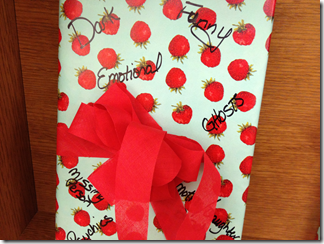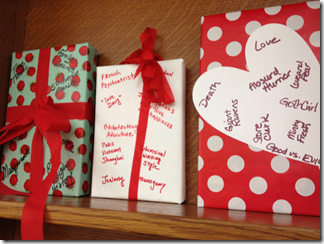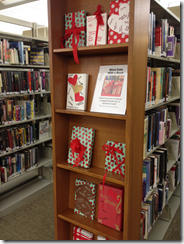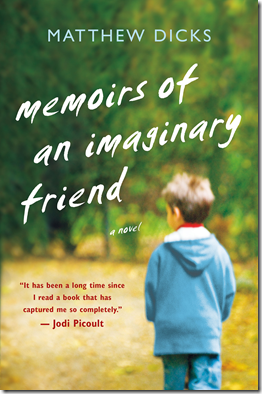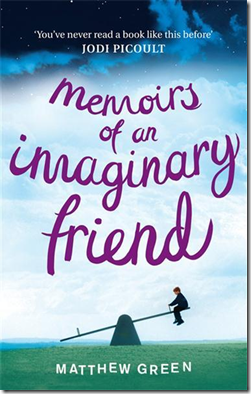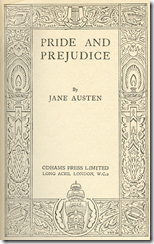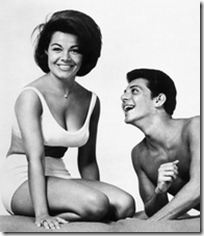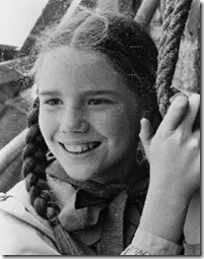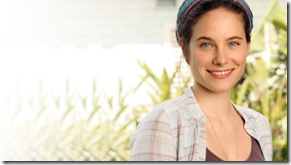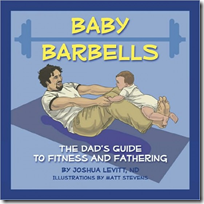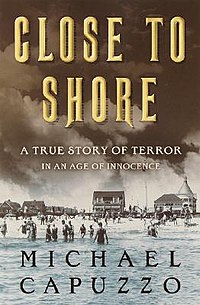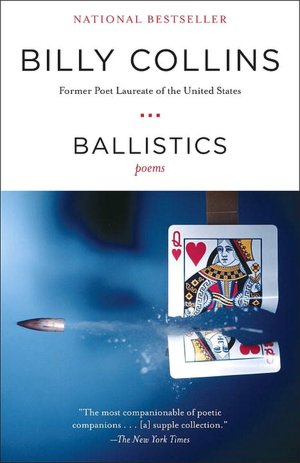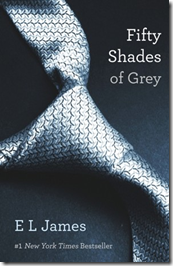Random thoughts and observations from a weekend spent with authors and readers
/Booktopia, the annual weekend retreat in Vermont that brings authors and readers together, has come to a close. Hosted by Ann Kingman and Michael Kindness, producers of the Books of the Nightstand podcast, it has become one of our favorite weekends of the year. As I sit at my dining room table on Monday morning, I reflect back on some of my thoughts and lessons from this amazing weekend.
________________________________ Two authors compared the release of their books as a wedding day. I must assume that this is a female thing.
I think of a book release more like opening day of the baseball season.
Let the competition begin.
________________________________ Steve Yarbrough and I have identical writing processes. Identical. I feel like slightly less of a hack today thanks to Steve.
________________________________ I heard three writers talk about how their first books brought validation to the time spent away from families, friends and other pursuits, as well as self-assurance about their standing as a writer. I suspect that this is also a more typical female reaction.
Sometimes the arrogance, selfishness and self-centeredness of the average American man makes life a little easier.
________________________________ Listening to Nichole Bernier talk about how she finds the time to write with a large family and other obligations was a lesson for all. She doesn’t watch television. She apologizes for her messy house. She has given up on running a marathon. She strips her life of things that do not contribute to the pursuit of her goals. It’s impressive. Possibly insane. But that’s the life of a writer.
So many times I hear would-be writers say they just don’t have the time to write. I asked this question at a writing session this weekend:
Would you rather get out of bed at 6:00 AM every day for the next year and have no book written at the end of the year or get out of bed at 5:30 AM every day for the next year and have a book in your hand when the year is finished?
Everyone can sacrifice 30 minutes of sleep in pursuit of their dream.
________________________________ Author Jon Clinch and I have a book idea that will hopefully expand the base of male fiction readers.
This should be easy, since none exist.
This is an exaggeration, of course. Of the approximately 100 Booktopia attendees, there were was a solid five or six who were not female.
________________________________ A tip I learned while listening to Will Schwalbe speak to readers during one of his author sessions:
Will asks just as many questions of his audience as they ask of him. It’s a generous and genuine way of engaging people in the discussion and something I should do more often.
________________________________ I was both surprised and entertained by the debate over how readers and authors should handle online reviews of books. It was one of my favorite moments of the weekend. For a few seconds, I thought we might have actual fisticuffs, which would’ve been AWESOME.
A Booktopia rumble.
I think Ann Kingman would’ve kicked all our asses.
I have my own opinions on the subject and will save them for a post later this week.
________________________________ It’s often said that publishing is a small world. It’s true.
It turns out that author Will Schawlbe is my editor’s former boss. Unfortunately, Will was too much of a gentleman to offer me any embarrassing stories about Brenda.
Also, author Amy Brill has been serving on The Moth’s advisory council for years and is telling her first story onstage on Tuesday night. Sadly, Amy and I kept missing chances to chat this weekend, and I didn’t learn about her Moth connections until after she had gone home.
________________________________ I listened to two female authors speak about the challenges involved with balancing their writing life with their various other roles, including those of mother and wife.
I found the inclusion of the role of wife interesting. I don’t think I’ve ever heard a man talk about the demands associated with his role as a husband.
I’m not sure what this means. Perhaps men simply don’t speak so openly about these demands as often. More likely women are more thoughtful and considerate than men.
I’ll continue to think about it.
________________________________ Combining 19 people at three separate tables on one $600 check was a terrible decision by our waitress. Failing to inform us of this lunacy prior to doing so was inexcusable. Explaining that we could each pay cash or simply divide the total by 19 was insulting.
Yes. I’m still annoyed about this.
________________________________ A couple of years ago I wrote a post about all the jobs that I’ve had over the course of my lifetime. After listening to author Chris Pavone speak on Saturday night about the multitude of jobs that he has held during his lifetime, I’d love to see him write a similar (albeit considerably longer) post.
________________________________ I have always believed that one of the best questions to ask a person when getting to know them is about the path that led them to their current job. Paul once again proved me right on Saturday night. His paperboy-turned-wholesale produce manager was one of my favorite stories from the weekend.
________________________________ My wife is not afraid to speak in public. In a few weeks, she will be hosting our first Speak Up storytelling event at Real Art Ways.
Still, I was shocked when she rose from her seat in the audience on Sunday morning, walked over to Booktopia co-host Ann Kingman, and demanded the microphone so that she could thank Ann and Michael for the incredible weekend they give to us each year.
I was less surprised when she became verklempt while speaking and had to tag-team her closing remarks with author Nichole Bernier. She’s as easy to make cry as Ann Kingman.
Still, had you told me that my wife would spontaneously offer the closing remarks for Booktopia 2013, I would’ve thought you crazy.
________________________________ Both of our children slept through the night for the three nights that they spent with the in-laws. Charlie even napped fairly well.
________________________________ I left Vermont thinking that if I didn’t have to spend so much time writing, I might be able to read as often as these crazy book fanatics. Wouldn’t that be wonderful?





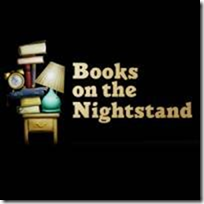
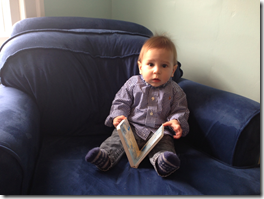
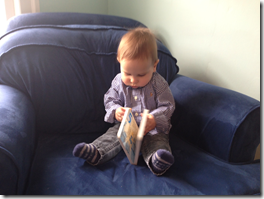
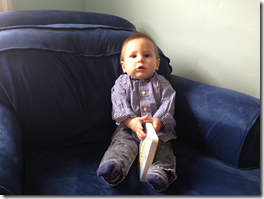
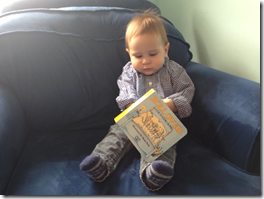

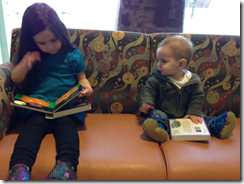
![image_thumb[1] image_thumb[1]](http://static1.squarespace.com/static/54f7c017e4b0ceb22a706c44/550daa85e4b0884f201017c0/550dab86e4b0884f20103a00/1426959238890/image_thumb1_thumb.png?format=original)
![image_thumb[2] image_thumb[2]](http://static1.squarespace.com/static/54f7c017e4b0ceb22a706c44/550daa85e4b0884f201017c0/550dab86e4b0884f20103a06/1426959238963/image_thumb2_thumb.png?format=original)
![image_thumb[3] image_thumb[3]](http://static1.squarespace.com/static/54f7c017e4b0ceb22a706c44/550daa85e4b0884f201017c0/550dab87e4b0884f20103a12/1426959239042/image_thumb3_thumb.png?format=original)
